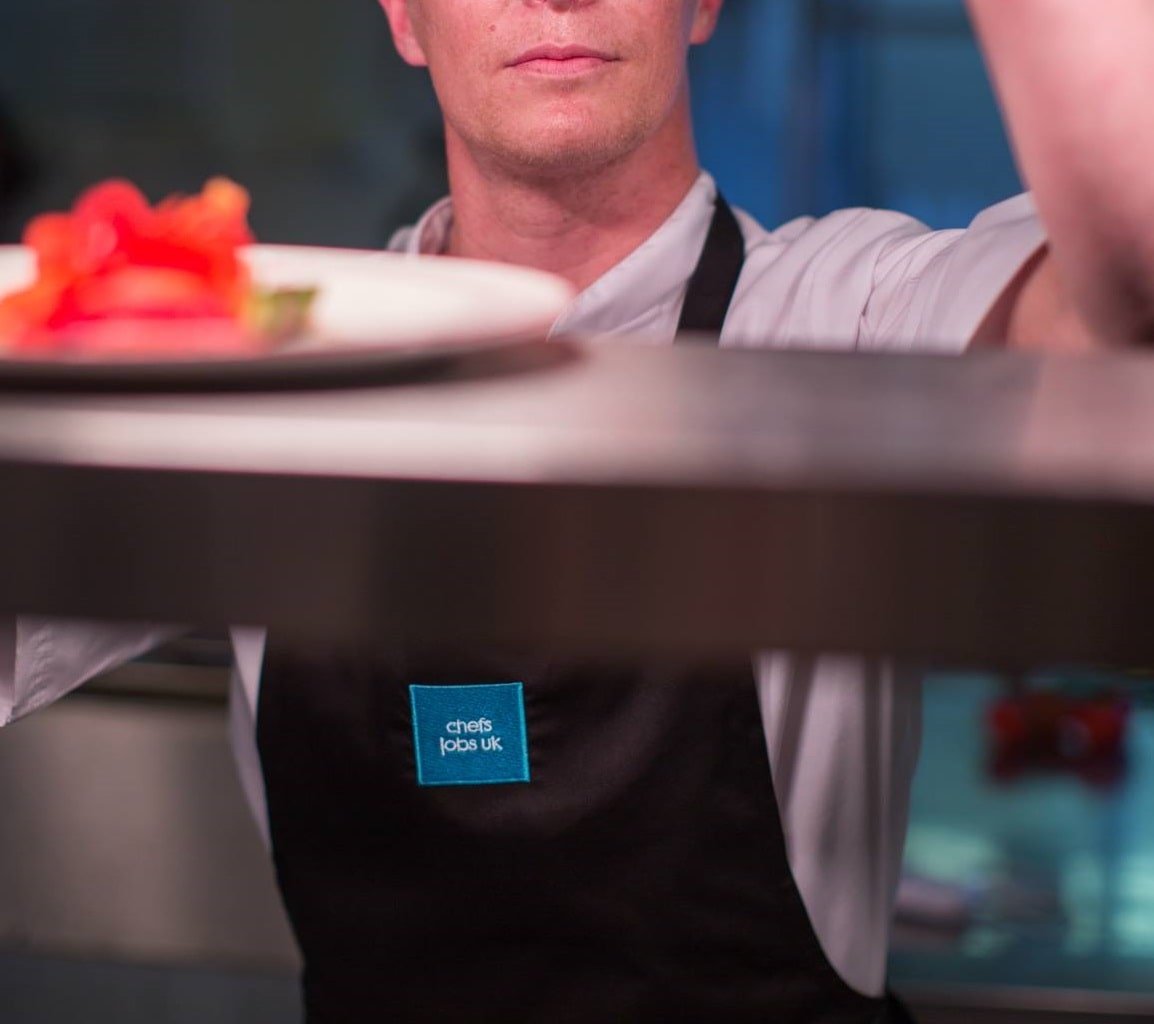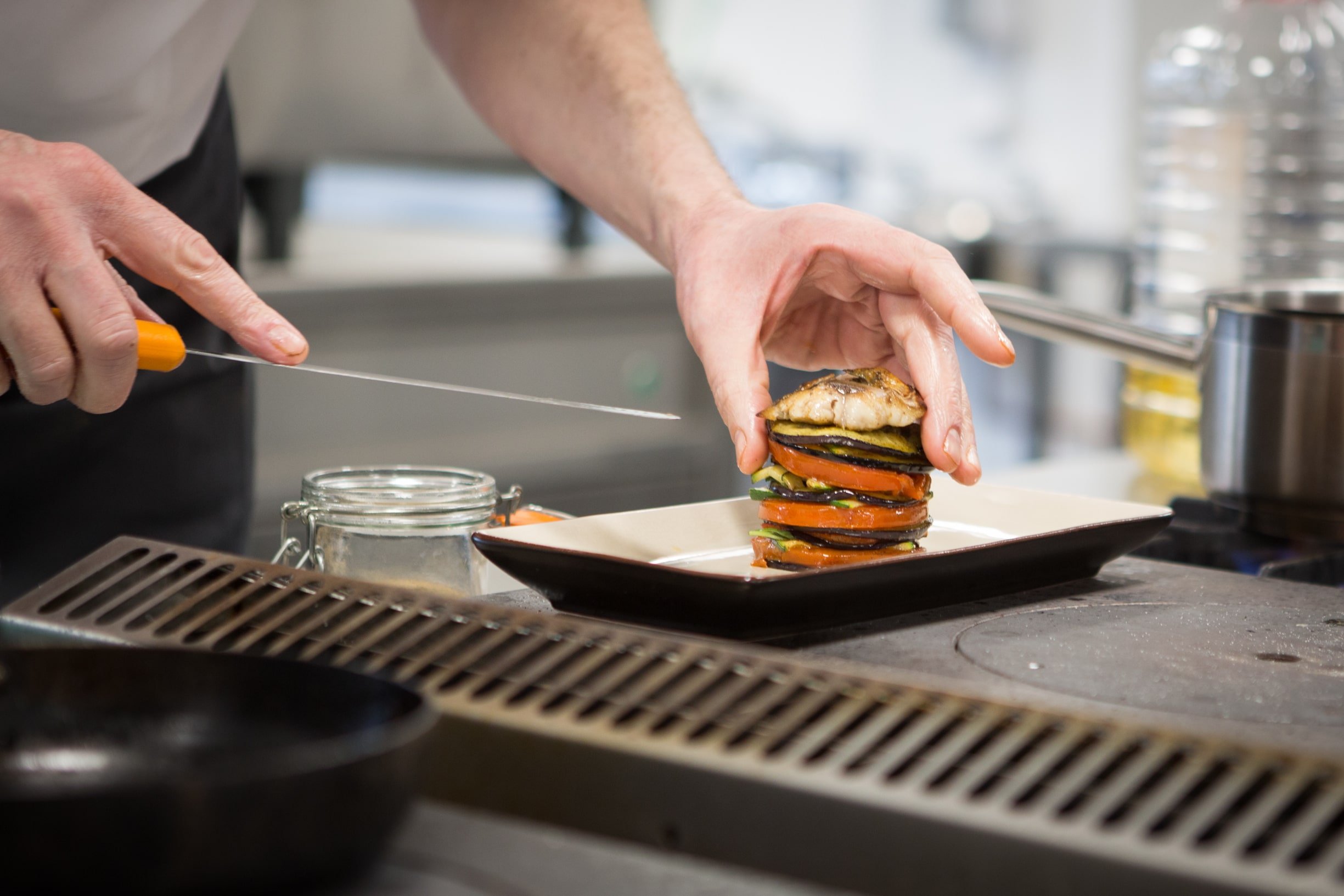Discover the latest news from CJUK
Labour's Plan of Action for the Hospitality Industry in the UK
The hospitality industry in the UK has faced numerous challenges in recent years, exacerbated by the COVID-19 pandemic. As a cornerstone of the UK's economy, the sector's resilience and growth are crucial for overall economic recovery.
The Benefits of Using Temporary Chefs for Seasonal Roles
To effectively navigate these peaks and troughs, many establishments turn to temporary chefs for seasonal roles. This approach brings a multitude of benefits that extend beyond just meeting the immediate staffing needs. Here’s a closer look at the advantages:
5 Reasons Chefs Love Being Part Of Our Temp Chef Agency
Hospitality can be a rollercoaster, but there is a way to find true work-life balance. Discover why chefs love working for our temp chef recruitment agency.
How Much Does An Agency Chef Get Paid In The UK?
Considering life as a temp chef but unsure how much you'd get paid? Find out what you can expect to earn per hour as a UK temp agency chef.
Seven Must-Have Qualities To Look For In A Chef
Being a good chef is about more than qualifications. Discover the surprising qualities and soft skills a chef needs to thrive in your kitchen.
What Is A Relief Chef And Why Does Hospitality Need Them?
Craving work-life balance as a chef? Or need someone fast for your kitchen? Find out what a relief chef is and why they're essential to hospitality.
Find A Chef: How To Hire A Good Chef (And Fast!)
Need to hire a chef for your restaurant or hospitality venue in a hurry? We'll help you find a good chef - fast. Find out how (and why) to hire a relief chef.
Agency Chef Jobs: What Is A Chef Agency & How Does It Work?
What is a chef recruitment agency? Discover agency chef jobs, find out how to apply for relief chef work, and how to hire a temporary chef for your kitchen.
How To Write A CV For A Chef Job (With Free Template)
Want to land your next chef job? We're a specialist recruiter for relief chefs in the UK - read tips for writing a chef CV and download your chef CV template.
“I Need A Chef For My Restaurant!” How A Relief Chef Agency Can Help
Looking for a chef to keep your hotel or pub restaurant running? Find a chef that's reliable, experienced, and professional by using a relief chef agency.
Do Relief Chefs Get Holiday Pay?
Do you get holiday pay as an agency chef? Find out what you're entitled to as a relief chef and how it works.




















